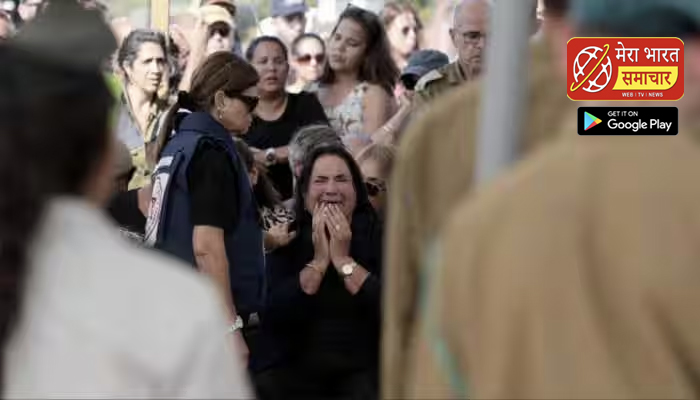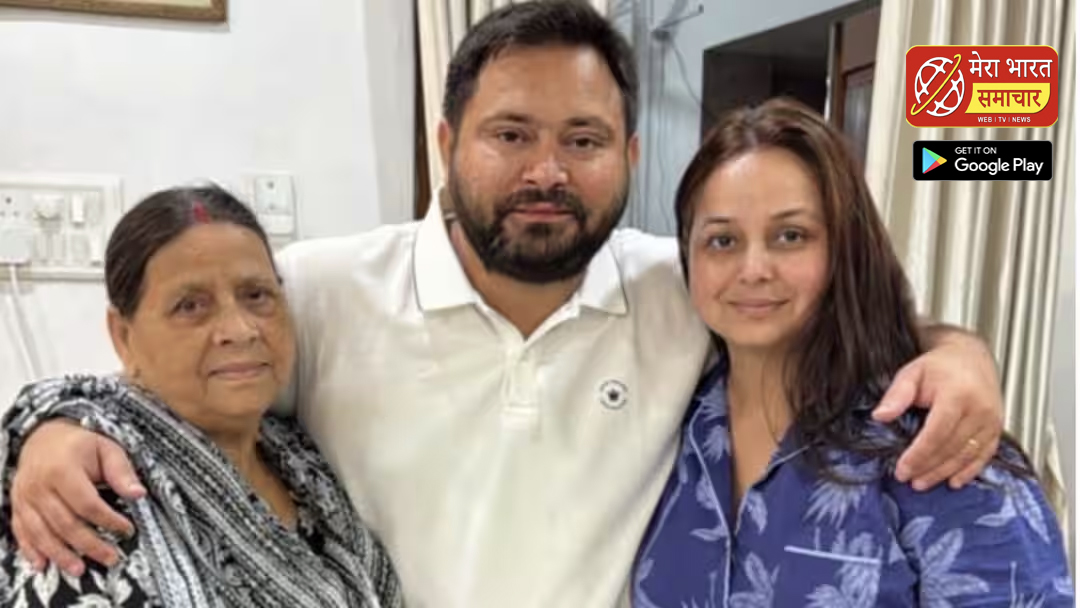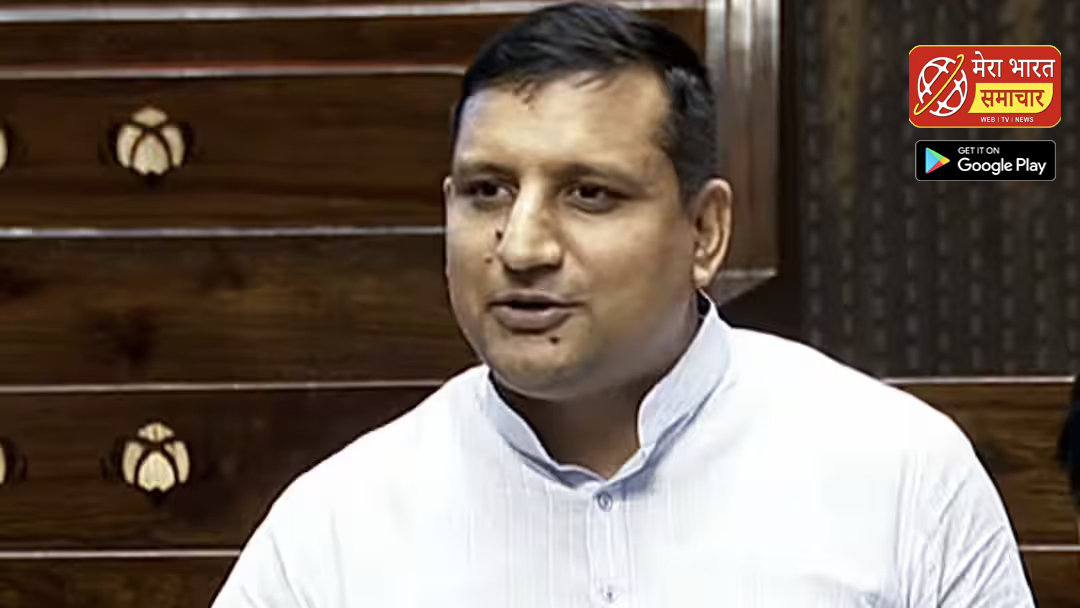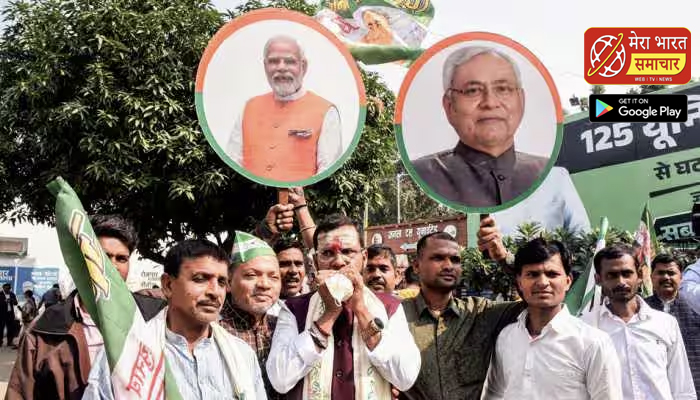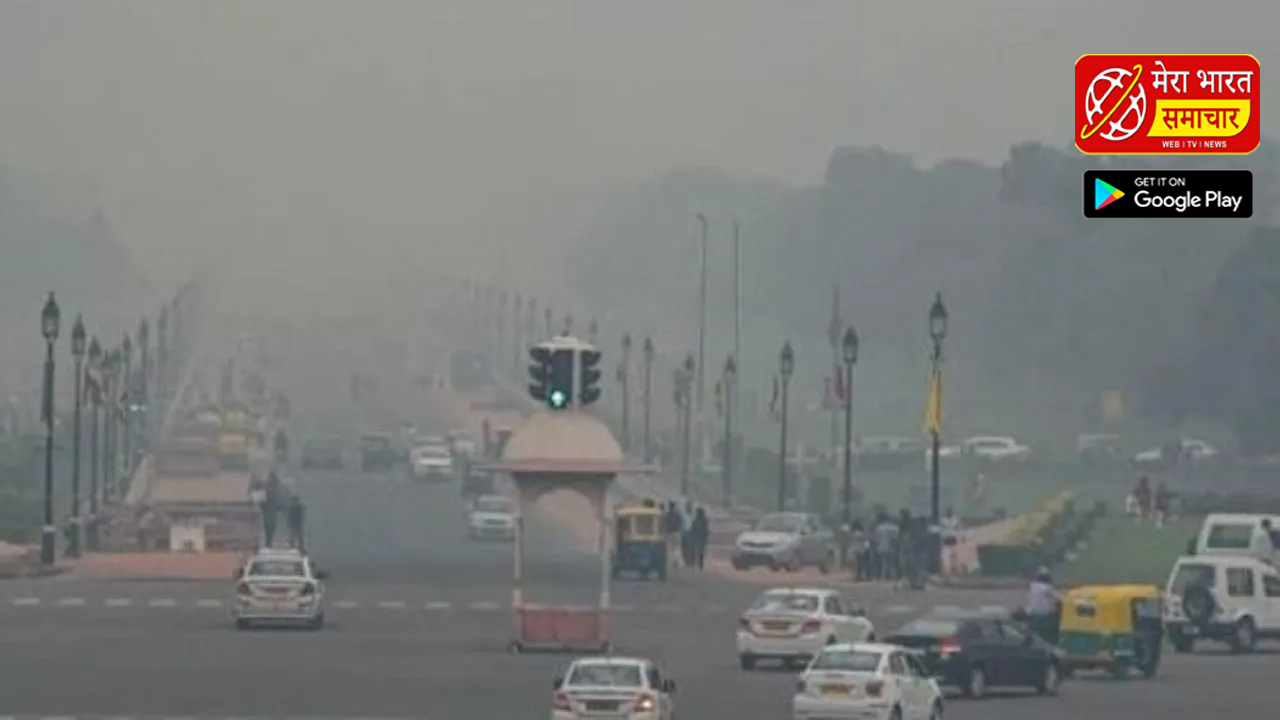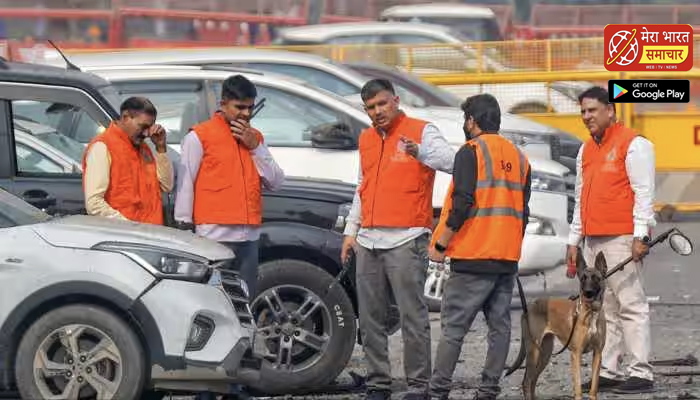Women in the conflict-torn Gaza Strip, where work and food are hard to come by, are being targeted for sexual exploitation by men who have ties with aid delivery networks, harrowing accounts given to the Associated Press (AP) have reported.
With almost the whole population uprooted and starving, desperation is pushing some women to trade sexual favours for promises of food, money, goods, or work. Six women told the AP about the exploitation they endured to feed their families.
Lured by False Promises of Relief
A 38-year-old mother of six, struggling to survive on finding food for her children, was lured by a man who promised to hire her with an aid agency. She told AP later that the man took her to an empty flat instead.
“I played along because I was afraid, I wanted to leave this place,” she declared. The meeting concluded with the man offering her 100 shekels (approximately $30) and some food, but with no job as promised. The frank sexual favour offers were usually accompanied by culturally-phrased offers, like “I want to marry you,” that took advantage of the women’s vulnerable status.
Humanitarian Crisis Fuels Vulnerability
Human rights professionals verify that SEA of this kind is a sad, but usual, byproduct of humanitarian disasters around the world, ranging from South Sudan to Haiti.
Human Rights Watch’s view: “It’s a terrible reality that humanitarian emergencies expose people to various forms of vulnerability — more sexual violence is typically the result,” said Heather Barr, associate director of the women’s rights division at Human Rights Watch, pointing out the unthinkable risks for women and girls in Gaza.
Increased Cases: Four Palestinian psychologists disclosed they have provided treatment to dozens of women who reported they were under pressure for sex in return for assistance. They added that some of these acts resulted in pregnancies.
Organisational Awareness: Six relief and human rights agencies, such as the Palestinian organisation Women’s Affairs Center and the Protection from Sexual Exploitation and Abuse (PSEA) network, verified that they are aware of the incidents.
Amal Syam, head of the Women’s Affairs Center, immediately attributed the increase in cases to the conflict: “Israel’s siege of the Gaza Strip and limitation of humanitarian aid are what’s pushing women to do this.”
Barriers to Reporting and Zero-Tolerance Claims
Zero-tolerance policies are upheld by aid agencies, but it is difficult for the women to report the abuse with major barriers and social stigma.
UNRWA Case: A 35-year-old widow reported she had received sexual phone calls after giving her number to a man who was wearing a UNRWA uniform at an aid facility. She made a verbal complaint to the agency but was told by the agency she needed recordings as evidence, which she was unable to supply.
Agency Reaction: UNRWA communications director Juliette Touma disputed that the agency needs evidence for a complaint, reaffirming their zero-tolerance policy, but refused to comment on specific cases.
“Tip of the Iceberg”: The PSEA network registered 18 accusations of sexual abuse attributed to aid in Gaza during last year, but its coordinator, Sarah Achiro, warned this information is probably “just the tip of the iceberg.”
Most of the victims, such as the mother of six, are too scared to report an official complaint because they fear being disbelieved or shamed in Gaza’s conservative society.
Exploitation Soaring Amidst Displacement
Women’s advocates and psychologists say the number of such cases has jumped markedly since the beginning of the present war, displacing more than 90% of the population.
Dramatic Rise: Syam of the Women’s Affairs Center explained that prior to the war, reports of exploitation happened “once or twice a year, but now they’re up dramatically.”
The Humiliation: Another 29-year-old mother described being called again and again by an aid worker who promised to marry her in return for nutrition supplements for her four children. She turned him down but articulated the extent of her shame. “I felt humiliated totally,” she said. “I had to go and seek assistance for my children. If I didn’t do it, who would?

